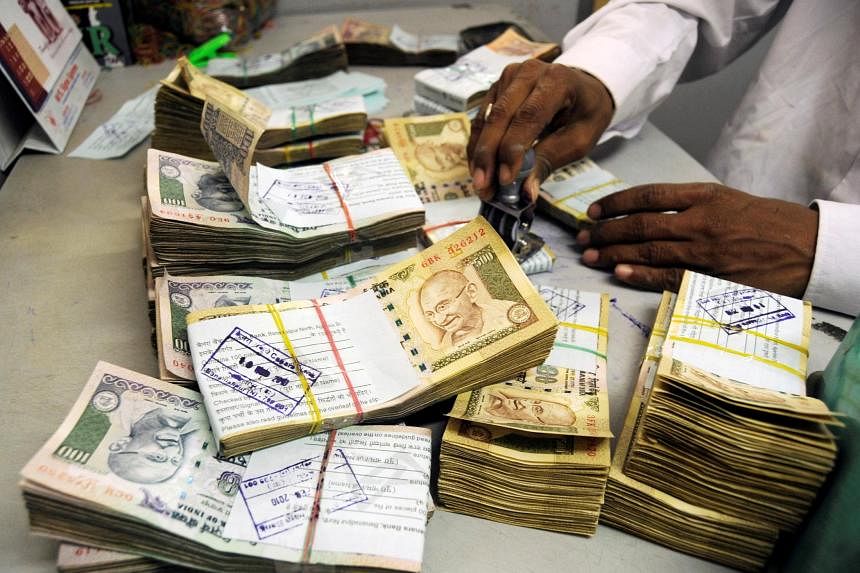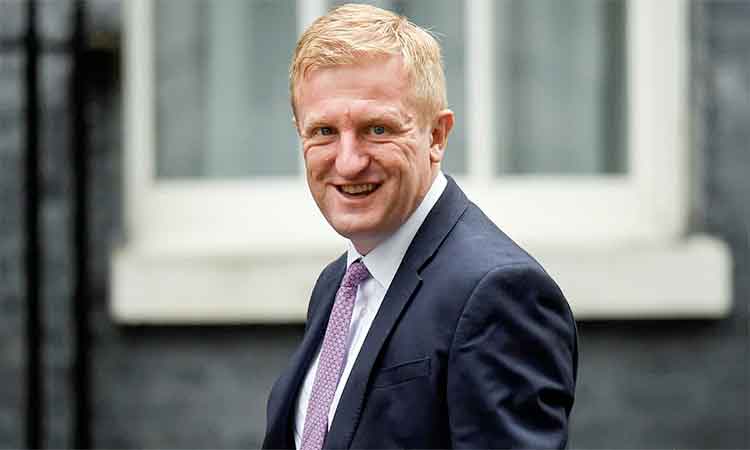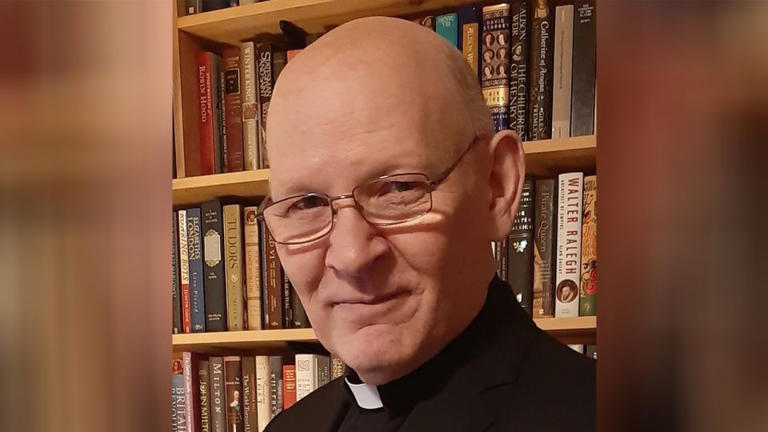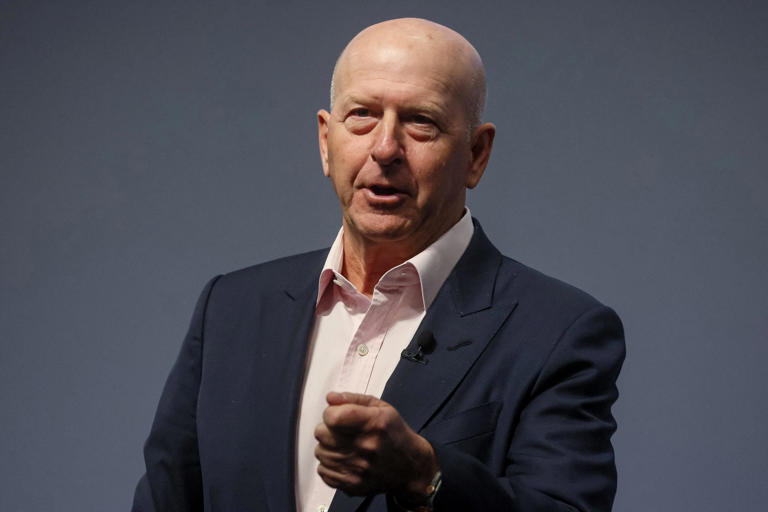
Robert Reich: Donald Trump And Ayn Rand – OpEd
By Robert Reich
Thanks for joining me as we explore the common good — what it is, where it went, how it can be revived and strengthened.
The idea of “the common good” was once widely understood and accepted in America. After all, the U.S. Constitution was designed for “We the people” seeking to “promote the general welfare” — not for “me the selfish jerk seeking as much wealth and power as possible.”
What happened? One clue is found in the writings of writer-philosopher Ayn Rand, who argued that the common good was bunk.
Donald Trump has called Rand his favorite writer and said he identifies with Howard Roark, the protagonist of The Fountainhead — an architect who dynamites a housing project he designed because the builders did not precisely follow his blueprints. (I doubt Trump has ever read Rand, but for the sake of this essay, let’s assume he has.)
Rex Tillerson, secretary of state under Trump, called Rand’s Atlas Shruggedhis favorite book. Former Trump CIA chief Mike Pompeo cited Rand as a major inspiration. Before he withdrew his nomination to be Trump’s secretary of labor, Andrew Puzder said he devoted much of his free time to reading Rand. Paul Ryan, former Republican leader of the House of Representatives, required his staff to read Rand.
Rand fans are also found at some of the high reaches of American business. Uber’s founder and former CEO, Travis Kalanick, has described himself as a Rand follower. He applied many of her ideas to Uber’s code of values. Kalanick even used The Fountainhead’s original cover art as his Twitter avatar.
Ronald Reagan professed to being a follower of Rand. His policies — and those of his contemporary conservative leader, Margaret Thatcher of Great Britain — appeared to draw inspiration from her thoughts and writing.
In order to understand what happened to the common good, we need to examine Ayn Rand and her arguments against it.
Rand was a Russian émigré to the United States whose father’s business had been confiscated during the Russian Revolution. Her most influential writing occurred in the 1940s and 1950s, in the shadow of European fascism and Soviet communism.
She was best known for two highly popular novels that are still widely read today — The Fountainhead (1943) and Atlas Shrugged (1957) — and for other writings and interviews in which she expounded her views about what she called the “virtue of selfishness.”
“The common good is an undefined and undefinable concept,” she wrote, a “moral blank check for those who attempt to embody it.”
When the common good of a society is regarded as something apart from and superior to the individual desires of its members, “it means that the good of some men takes precedence over the good of others, with those others consigned to the status of sacrificial animals.”
Rand saw government actions that require people to give their money and resources to other people under the pretext of a “common good” as steps toward tyranny. It was far better, in Rand’s view, to base society on autonomous, self-seeking, and self-absorbed individuals. To her, the only community that any of us has in common are family and friends, maintained voluntarily.
If we want to be generous, she thought, that’s fine, but no one should have the power to coerce us into generosity. And nothing beyond our circle of voluntary associations merits our trust.
No institutions or organizations should be able to demand commitments from us. All that can be expected or justified from anyone is selfish behavior, she thought. That behavior is expressed most clearly through the acts of selling what we have to sell and buying what we want to buy in a free market. For her, the common good does not exist.
Rand’s philosophy was updated and formalized in 1974 by Harvard philosopher Robert Nozick in his bestselling book Anarchy, State, and Utopia. Nozick argued that individual rights are the only justifiable foundation for a society. Instead of a common good, he wrote, “there are only individual people, different individual people, with their own individual lives.”
When Rand and Nozick propounded these ideas, they seemed quaint if not far-fetched. Anyone who lived through the prior half-century had witnessed our interdependence during the Great Depression and World War II.
After the war, we had pooled our resources to finance all sorts of public goods — schools and universities, a national highway system, and health care for the aged and poor (Medicare and Medicaid). We rebuilt war-torn Europe. We sought to guarantee the civil rights and voting rights of African Americans. We opened doors of opportunity to women.
Of course there was a common good. We were living it.
But starting in the late 1970s, Rand became the intellectual godmother of modern-day American conservatism, especially its libertarian strand.
I BELIEVE RAND, NOZICK, AND THEIR MORE MODERN INCARNATIONS are dangerously wrong. Not only does the common good exist, but it is essential for a society to function.
Without voluntary adherence to a set of common notions about right and wrong, daily life would be insufferable. We would be living in a jungle where only the strongest, cleverest, and most wary could hope to survive. This would not be a society. It wouldn’t even be a civilization, because there would be no civility at its core.
Americans sharply disagree about exactly what we want for America or for the world. But we must agree on basic principles — such as how we deal with our disagreements, the importance of our democratic institutions, our obligations toward the law, and our respect for the truth — if we’re to participate in the same society.
It’s our agreement to these principles that connects us.
To take the most basic example, we depend on people’s widespread and voluntary willingness to abide by laws — not just the literal letter of laws but also the spirit and intent behind them.
Consider what would happen if no one voluntarily obeyed the law without first calculating what they could gain by violating it, as compared with the odds of the violation’s being discovered multiplied by the size of the likely penalty.
We’d be living in bedlam.
If everyone behaved like Donald Trump, much of our time and attention would have to be devoted to outwitting or protecting ourselves from other Trumps. We would have to assume everyone else was out to exploit us, if they could.
Every interaction would need to be carefully hedged. Penalties would need to rise and police enforcement to increase, in order to prevent the Trumps among us from calculating they might have more to gain by violating the law and risking the penalty than by abiding by it. And because laws can’t possibly predict and prevent every potential wrong, laws would have to become ever more detailed and exacting in order to prevent the Trumps from circumventing them.
Even then we’d be in trouble. We couldn’t rely on legislators to block or close legal loopholes, because Trump lobbyists would bribe legislators to keep them open, and Trump legislators would be open to taking such bribes. Even if we managed to close the loopholes, we couldn’t rely on police to enforce the laws, because Trumps would bribe the police not to, and Trump police would also accept the bribes.
Without a shared sense of responsibility to the common good, we would have to assume that everybody — including legislators, judges, regulators, and police — was acting selfishly, making and enforcing laws for their own benefit.
The followers of Ayn Rand who glorify the “free market” and denigrate “government” are fooling themselves if they think the “free market” gets them off this Trump hook.
The market is itself a human creation — a set of laws and rules that define what can be owned and traded and how. Government doesn’t “intrude” on the “free market.” It creates the market. Government officials — legislators, administrators, regulators, judges, and heads of state — must decide on and enforce such laws and rules in order for a market to exist. Without norms for the common good, officials have no way to make these decisions other than their own selfish interests.
HOPEFULLY, government officials base these sorts of decisions on their notions about the common good. But if Trumps were making and enforcing such rules, the rules would be based on whatever it took for these Trump officials to gain personal wealth and power. The “free market” would be a sham, and most people would lose out in it. (As we will see in the pages to come, something close to this has in fact occurred.)
Truth itself is a common good. Through history, one of the first things tyrants do is attack independent truth-tellers — philosophers (Plato), scientists (Galileo), and the free and independent press — thereby confusing the public and substituting their own “facts.”
Without a shared truth, democratic deliberation is hobbled. As poet and philosopher Václav Havel put it, “If the main pillar of the system is living a lie, then it is not surprising that the fundamental threat to it is living in truth.”
Yet in a world populated by people like Trump, we could not trust anyone to be truthful if they could do better for themselves by lying. We couldn’t count on any claim by sellers of any product or service. Internet-based “reputational ratings” would be of little value, because Trump raters would be easily bribed.
Journalists would shade their reports for their own selfish advantage, taking bribes from advertisers or currying favor with politicians. Teachers would offer lessons to satisfy wealthy or powerful patrons. Historians would alter history if by doing so they gained wealth or power. Scientists would doctor evidence for similar selfish motives. The truth would degenerate into a cacophony of competing factual claims.
We couldn’t trust doctors or pharmacists to give us the right medications. We couldn’t trust bankers and accountants not to fleece us, restaurants not to poison us, lawyers not to hoodwink us. Professional ethics would be meaningless.
The common good is especially imperiled when a president of the United States alleges that an election was stolen from him, with no evidence that it was. Such baseless claims erode trust. They fuel conspiracy theories. They can lead to violence.
MOST BASICALLY, THE COMMON GOOD DEPENDS ON PEOPLE TRUSTING that most others in society will also adhere to the common good, rather than lie or otherwise take advantage of them. In this way, civic trust is self-enforcing and self-perpetuating.
Polls tell us that a majority of today’s Americans worry that the nation is losing its national identity. The core of that identity has never been “we’re better than anyone else” nationalism. Nor has it been the whiteness of our skin or the uniformity of our ethnicity.
Our core identity — the most precious legacy we have been given by the generations who came before us — is the ideals we share, the good we hold in common. If we are losing our national identity, it is not because we are becoming blacker or browner or speak in more languages than we once did. It is because we are losing our sense of common good.
THE GENIUS OF A SYSTEM BASED ON POLITICAL EQUALITY is that it doesn’t require us to agree on every issue, but only to agree to be bound by decisions that emerge from the system.
Some of us may want to prohibit abortions because we believe life begins at conception; others of us believe women should have the right to determine what happens to their bodies; some of us want stricter environmental protections; others, more lenient. We are free to take any particular position on these and any other issues. But as political equals, we are bound to accept the outcomes even if we dislike them. This requires enough social trust for us to regard the views and interests of those with whom we disagree as equally worthy of consideration to our own.
Ayn Rand had it completely wrong. Moral choices logically involve duties to others, not just calculations about what’s best for ourselves.
When members of a society ask, “What is the right or decent thing to do?” they necessarily draw upon understandings of these mutual obligations. Our contemporary culture of self-promotion, iPhones, selfies, and personal branding churns out cynics and narcissists, to be sure. But our loyalties and attachments define who we are.
***
Thanks for joining me on this journey.These weekly essays are based on chapters from my book THE COMMON GOOD, in which I apply the framework of the book to recent events and to the upcoming election. (Should you wish to read the book, here’s a link). This article was published at Robert Reich’s Substack.

Robert B. Reich is Chancellor's Professor of Public Policy at the University of California at Berkeley and Senior Fellow at the Blum Center for Developing Economies, and writes at robertreich.substack.com. Reich served as Secretary of Labor in the Clinton administration, for which Time Magazine named him one of the ten most effective cabinet secretaries of the twentieth century. He has written fifteen books, including the best sellers "Aftershock", "The Work of Nations," and"Beyond Outrage," and, his most recent, "The Common Good," which is available in bookstores now. He is also a founding editor of the American Prospect magazine, chairman of Common Cause, a member of the American Academy of Arts and Sciences, and co-creator of the award-winning documentary, "Inequality For All." He's co-creator of the Netflix original documentary "Saving Capitalism," which is streaming now.






